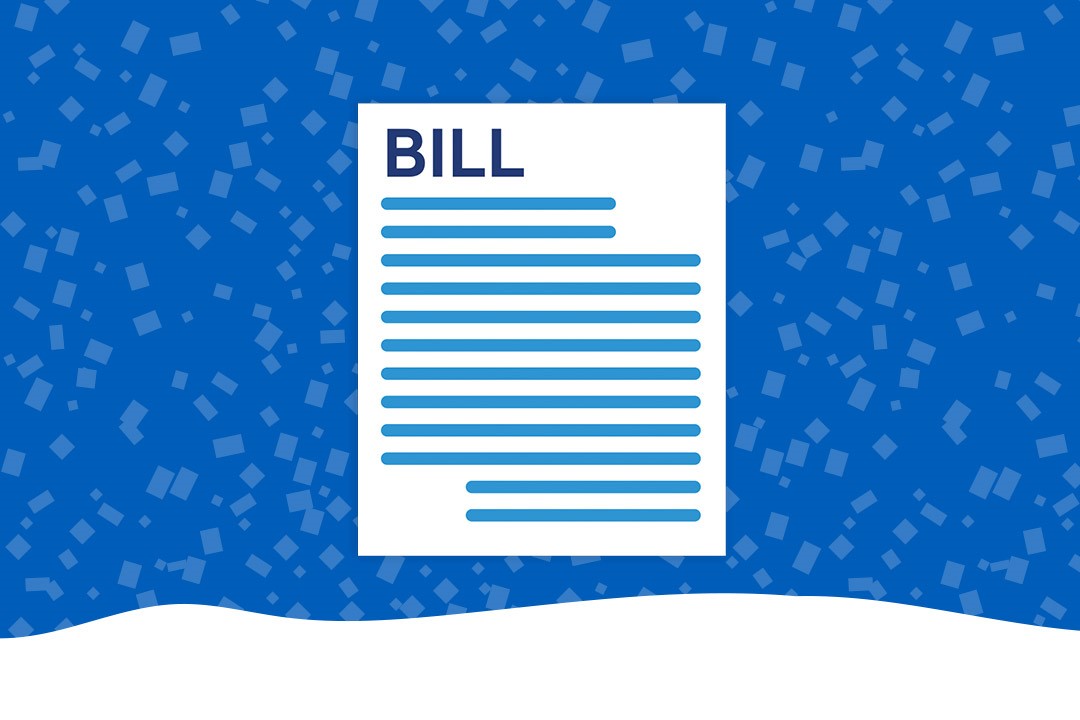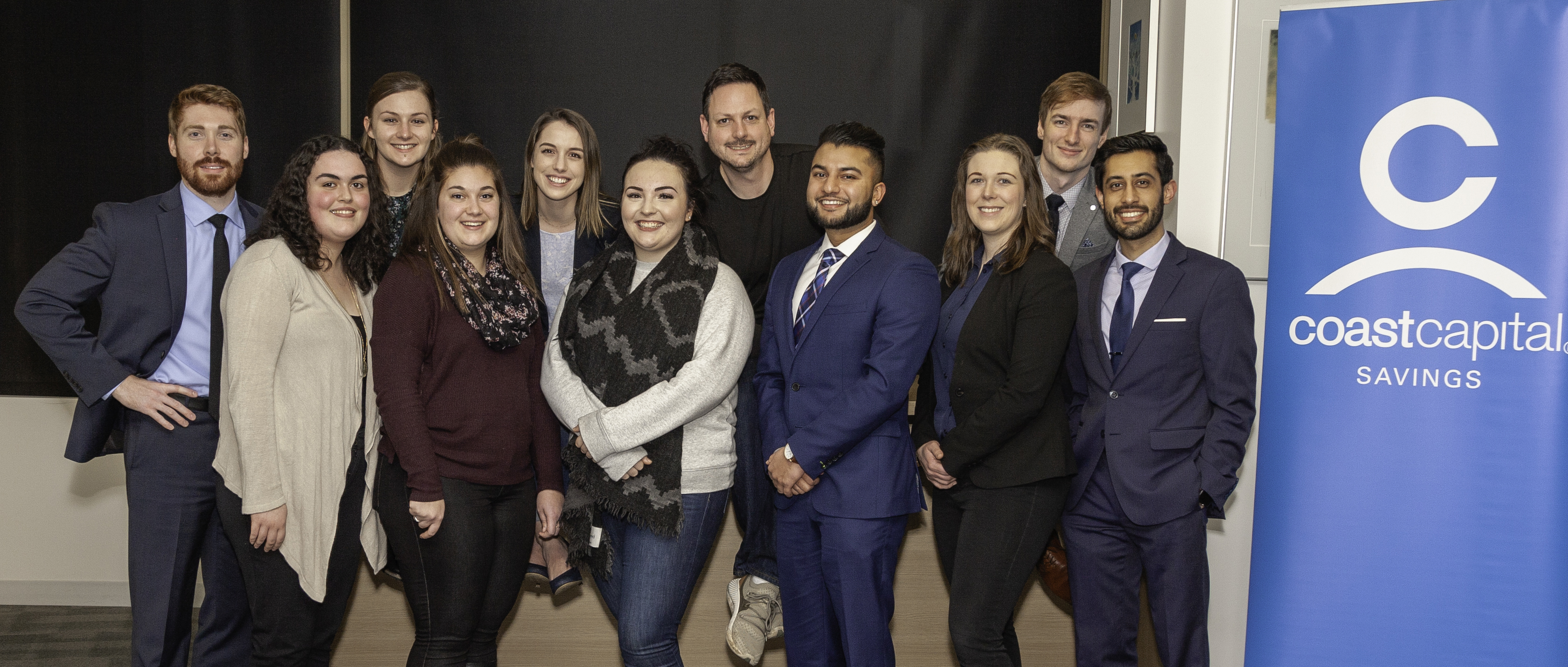For the past nine years, Giving Tuesday, on November 30, has marked the opening day of giving season by encouraging people to donate money, time, or other resources to their communities. The effort is especially important this season since the charitable sector was among the hardest hit by the COVID-19 pandemic, with 63% of organizations seeing a decrease in donations—just when the support is needed the most.
The good news? Taking care of each other not only feels good—it can also carry financial benefits. Now that giving season is here, it’s time to consider how you can contribute and make up some of the difference. Read on for best practices for monetary donations, among other types, as well as important questions to ask about charitable giving.
How do I know which charities to support?
When researching charities, you want to make sure you’re supporting organizations that align with your values, as this is crucial to establishing a positive experience with charitable giving. “While there may be financial or other incentives to being a donor, there’s a great deal of satisfaction in it as well,” says Tanya Smith, Social Purpose Ecosystem Manager at Coast Capital. “Having a personal tie to a cause or organization is a powerful motivator.”
There are several ways to identify where your charitable donations should go but a good place to start is by looking at the need in your community. During the pandemic, many Canadians saw their employment impacted, which resulted in increased food insecurity. When it comes to easing the burdens caused by COVID-19, food banks are a safe bet to provide direct support to those in need.
“Whatever cause you decide to support, you’ll want to do some research,” says Smith. Start by visiting the organization’s website where you can learn about its mission, values, and programming. Read recent annual reports to find out where your money goes and how it’s allocated.
It’s always a good idea to gather external information as well. This is where independent organizations like Charity Intelligence Canada and Canada Helps come in. Search their sites for deeply researched information that can help you make educated decisions.
Are there financial benefits in making a charitable donation?
In Canada, some charitable contributions are eligible as tax credits, meaning you can subtract a portion of the money you donated from the amount you owe in taxes. If you’re hoping to access tax benefits, you’ll need to understand the eligibility requirements.
Patrick Payne, senior accountant and owner of Your Modern Accountant Ltd, explains: “Any individual can make a charitable contribution but a charity does have to have a registered number issued by the government of Canada in order for the donation to be a qualifying tax credit.” If you’re not sure whether your choice of charity is registered, you can cross-check the list on the Canada.ca site.
Charitable contributions are a benefit to any Canadian taxpayer, though the amount of the credit varies. “The CRA has outlined that the first $200 of a charitable donation will give the individual a tax credit of 15% federally, and 29% for every dollar above that,” says Payne. There are also provincial tax credits with percentages that vary by location.
With these numbers in mind, you might wonder if there’s a limit to the amount you can make in donations. “In Canada, the limit to an individual’s annual charitable donation is 75% of their taxable income,” Payne says, adding that because the tax credit only saves a portion of the donation amount, there’s no “optimal” amount for tax purposes. “People should want to give for their own reasons but remember that a tax incentive is there if they do.”
What if I want to support a charity but can’t afford to give cash?
Even if you’re not able to make a monetary contribution to a cause, there are other ways to show your support. For example, you can fundraise on behalf of an organization. “Fundraising for your charity of choice is a great way to leverage your resources,” says Payne, who suggests visiting the GivingTuesday site to get started.
Some charities, such as shelters, food banks, and thrift stores, might accept material donations. “When thinking about making material donations, you have to be discriminating,” says Smith. “Food items should be new and unopened. When selecting clothes or household items, choose only what can reasonably be reused.” Your donations should be a relief, not a burden, on the recipient organization.
There’s also the option of volunteering your time. “People really underestimate the impact of donating their time in their communities,” says Smith, suggesting that there are many compelling reasons to volunteer. Smith recommends starting local. “Working in your own community can allow you to foster strong ties to your neighbours,” she says. “Get out and see what people are doing. When you find something that speaks to you, see if they have a volunteer program.” If you need some leads, check out the volunteer page on the GivingTuesday site.
Whether you are able to make monetary or material donations or give the gift of your time, it’s important to gift smart. Know the benefits—which could range from reducing your tax burden to reducing your stress—in order to maximize your impact.
For ideas on developing a charitable contribution plan, speak to a Coast Capital advisor.



